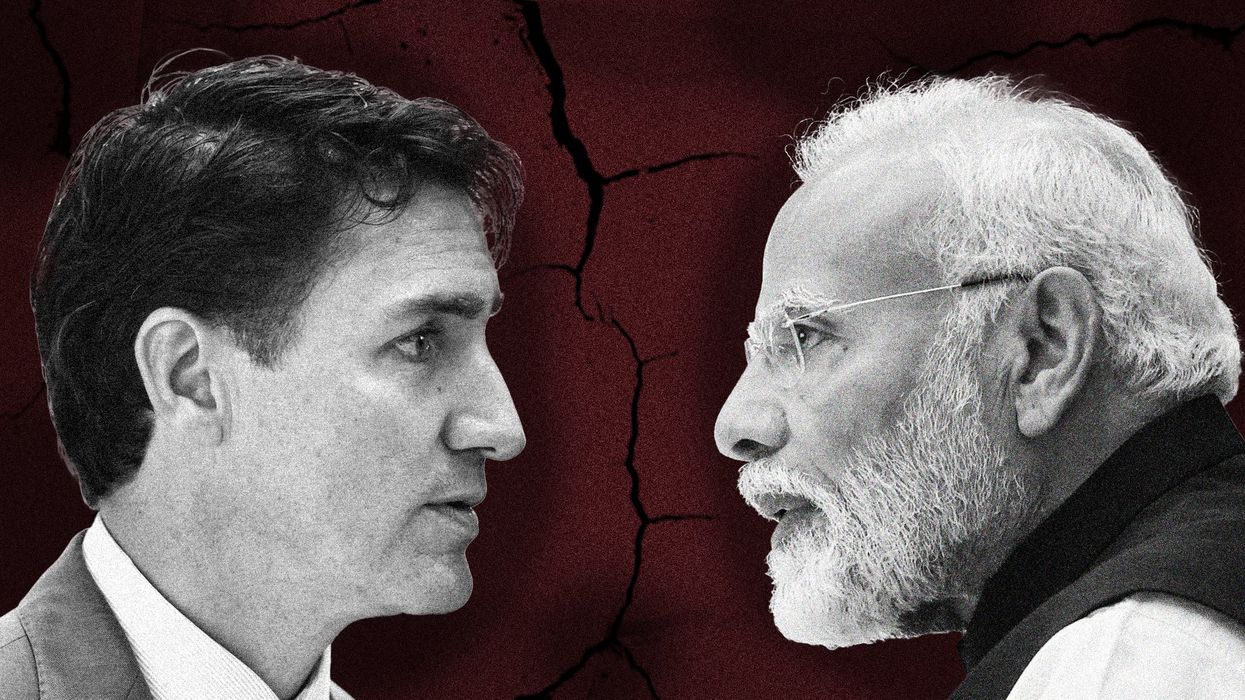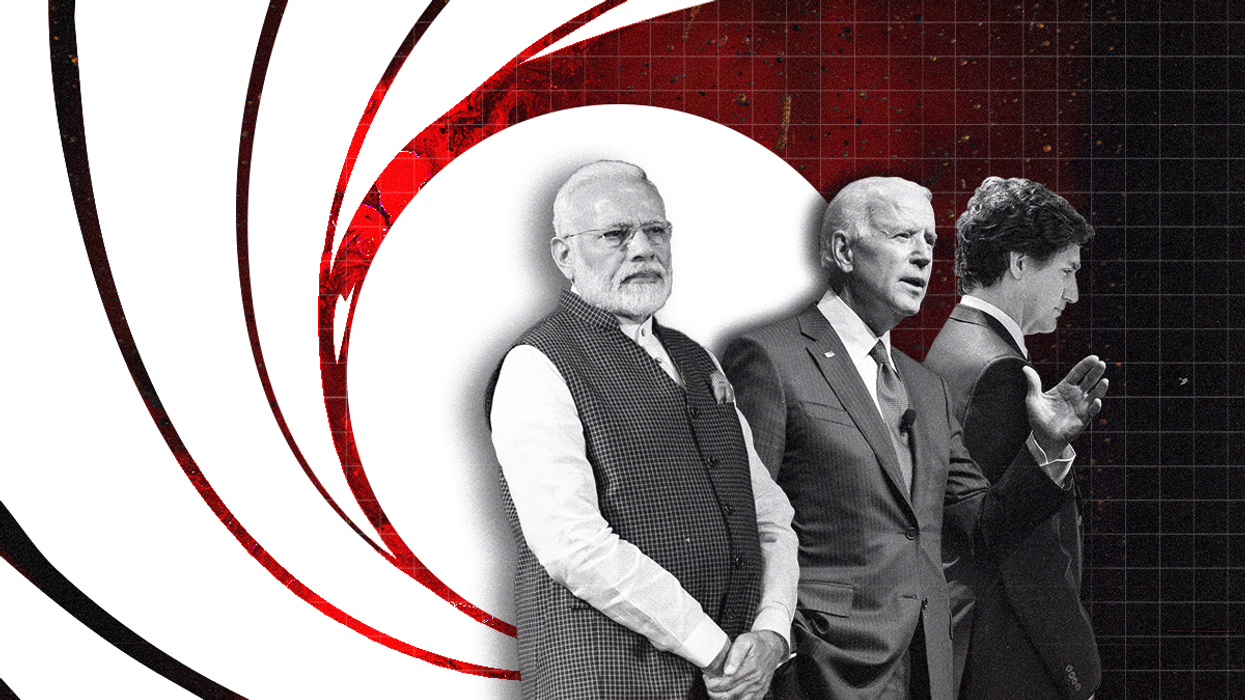GZERO North
Canadians manage to give Modi a headache for a change
Trudeau has been accused of turning a blind eye to foreign interference for years. But on Monday, his team showed a sign of progress as it took a series of carefully orchestrated steps designed to push back at India's prime minister.
Oct 17, 2024


